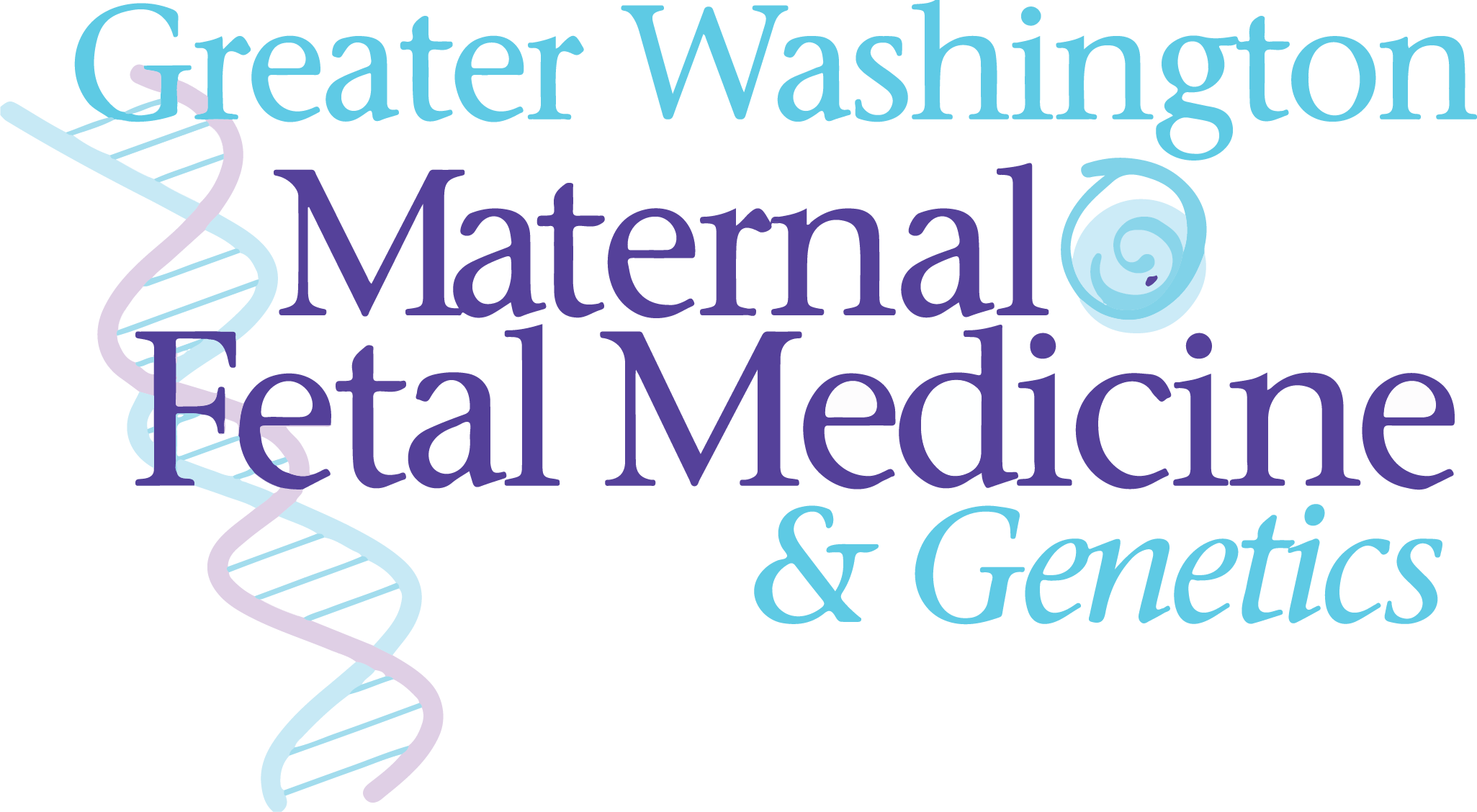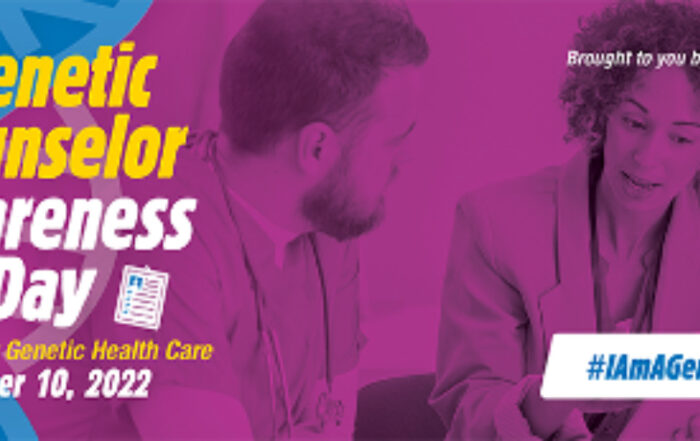Medical Care And Pregnancy After Sexual Assault
March 30, 2022

*TRIGGER WARNING: This article discusses sexual assault.
Medical Care
After a sexual assault, seeking medical attention is recommended to protect your immediate and long-term physical and mental health. It may be difficult to take action or even speak about your experience and concerns, but calling the National Sexual Assault Telephone Hotline/Online Chat or rape center locator can be a good resource to confirm where you can seek medical care following a sexual assault or rape, or even if you suspect you may have been assaulted:
National Sexual Assault telephone number: 800.656.HOPE (4673)
Online Chat: Terms of Service – Online Hotline (rainn.org)
Rape Crisis Center finder: https://www.centers.rainn.org/
If you are under the influence of alcohol, drugs, intoxicating prescription medications, or think you may have been drugged (with “date-rape drugs”)- please do not drive or walk alone. Ask a trusted friend or family member to drive you once you have located clinical care, or take an Uber/app-ordered transport or public transportation if that is not an option and let someone know- the sexual assault hotline has buddy/check-in programs. When you arrive at the emergency room, inform the receptionist that you are there because you have been sexually assaulted, he or she will notify a rape counselor. This person will remain with you throughout the entire process.
A medical professional will interview you about what took place and offer to perform the forensic medical exam that is otherwise known as a “rape kit” and to test for sexually transmitted infections. You are not obligated to submit to this exam, but if you plan to report the assault to the police, the evidence they collect can be used in court to convict your rapist.
While you are in the emergency room, the staff will inform the police. You don’t have to talk to the police or allow them to test your rape kit, but if you do report it, the police can begin investigating the assault right away. In addition to the rape kit, the police may be able to gather additional evidence against the perpetrator of the assault. However, you may be able to choose to report the assault at a later date if you wish to do so.
Is Sexual Assault The Same As Rape?
Sexual assault is when someone touches another person in a sexual manner without that person’s consent. It is also when a person forces another person to engage in sexual activity without his or her permission. This includes oral, anal, or vaginal penetration, groping, genital contact with or without clothes, or even sexual torture.
Rape is a type of sexual assault that involves sexual penetration or intercourse without the person’s consent. The perpetrator may carry out this act by physically coercing the person to engage in sexual intercourse or taking advantage of someone without the ability to consent to this act. This includes someone who has an intellectual disability, is incapacitated or unconscious, or is below the age of consent.
Whether the perpetrator is a stranger, family member, your spouse/romantic partner, or supervisor (manager/employer), unwanted and unconsented sexual contact or interaction is still assault/rape. Please seek medical care and counseling to support and protect your health and well-being; however, not all U.S. states allow for marital partners to be charged for their crimes.
Reporting Sexual Assault
How long you can wait to report a sexual assault will depend on your state. Each state has a statute of limitations, and if you do not report it within this time frame, you will be unable to begin a criminal investigation or a civil case against the perpetrator. Your nearest rape crisis center or RAINN can provide additional information regarding local requirements.
Counseling After a Sexual Assault
If you would like to obtain therapy after you leave the hospital, your rape counselor or the national hotline will be able to give you a referral. They will be able to give you a referral to health facilities that have professionals with experience assisting survivors of sexual assault and rape. You can also request therapy at a later time if you are struggling.
Resources For Pregnancy After Rape
There are many myths, but also many resources, regarding pregnancy after rape.
CDC resources for pregnancy resulting from rape:
- Rape, Abuse and Incest National Network’s (RAINN) National Sexual Assault Telephone Hotline
- Call 800.656.HOPE (4673) to be connected with a trained staff member from a sexual assault service provider in your area.
- Rape, Abuse and Incest National Network’s (RAINN) National Sexual Assault Online Hotline
- Visit online.rainn.org to chat one-on-one with a trained RAINN support specialist, any time 24/7.
- National Sexual Violence Resource Center
- PreventConnect
- Violence Against Women
- Call the OWH HELPLINE: 1-800-994-9662
Pregnancy following rape is additionally traumatizing. Everyone feels differently about when or whether they will continue a pregnancy conceived by rape. Some women/females at birth(FAB) hold personal beliefs that termination of any pregnancy is never an option, and giving the baby up for adoption after birth may be considered.
Or, unfortunately, there may even be state laws preventing or limiting the termination of a pregnancy conceived by rape. Processing the trauma of sexual assault or rape is hard enough, and having the complication of pregnancy can cause severe psychological distress. Please contact your Ob-Gyn or rape crisis center for resources if you discover you are pregnant following rape and feel panicked or unsure of what your options may be. Requesting resources and information is ALWAYS an option.
If you were sexually assaulted by someone who was not your current intimate/sexual partner and you don’t know whether the baby belongs to your partner or the perpetrator, you can request a non-invasive DNA test at the DNA Diagnostics Center before the birth or help with decision-making regarding termination. After the birth, a paternity test may also be able to be used as evidence of the rape.
Termination of any pregnancy is never an easy decision and only becomes more complicated with trauma from sexual assault or rape. If you discover you are pregnant after a rape, you may be able to choose to terminate the pregnancy whether or not you confirm the father of the pregnancy is your rapist (i.e. elective termination of pregnancy). There may be individual state limitations regarding elective termination and the requirements in states that have termination exceptions for pregnancy resulting from rape. Requirements may be confusing and your nearest rape crisis center or Planned Parenthood is able to provide more information about your options.
Processing And Healing
If you have experienced a sexual assault or rape, you are not alone and it is not your fault. The aggression and/or violence is never the result of your actions or character, they are solely on the perpetrator.
No matter how hard it is, your health and well-being are always important and there may be critical processes in the immediate timeline after an assault regarding legal and/or pregnancy options. However, it is never too late to seek emotional help. Be well.




